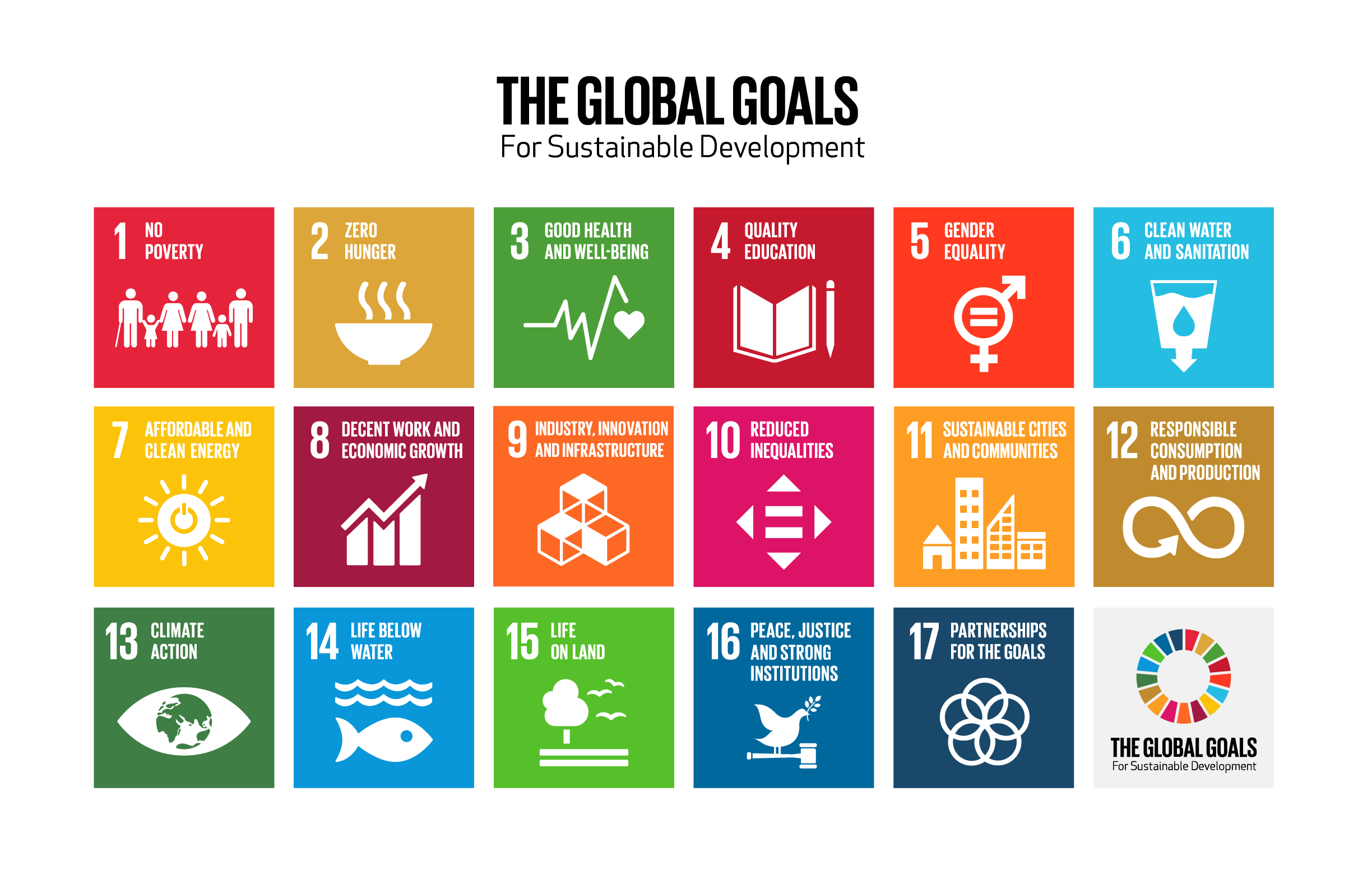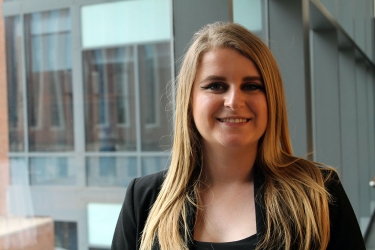The Definition of Sustainability
By Tara McCafferty
What definition comes to mind when you hear the term “sustainability?” Do climate change, trees, plant-based eating, and thoughts of recycling circle your mind? Although these concepts are important aspects of sustainability, individually, they comprise a rather narrow view of the breadth of the sustainability movement.
At Penn State, the Sustainability Institute has curated a unique perspective that has the potential to significantly impact public view and involvement in the pursuit of sustainability achievements. According to the Penn State Sustainability Institute’s website, “sustainability is the simultaneous pursuit of human health and happiness, environmental quality, and economic well-being for current and future generations”.
In 1987, the United Nations (UN) defined sustainability as “meeting the needs of the present without compromising the ability of future generations to meet their own needs”. In 2015, they then adopted the 2030 Agenda for Sustainable Development, which provides a shared blueprint for peace and prosperity for people and the planet, now and into the future, through the use of the 17 Sustainable Development Goals (SDGs). These goals are an urgent call to action and a framework for addressing various sustainability challenges beyond just eco-action.
I share this perspective because, sustainability, whether we realize it or not, applies to every aspect of our lives. Whether it be mental health, the environment, politics, or economic principles, sustainability is necessary for living our happiest and healthiest lives. It is a crucial component of a properly functioning community. For example, in the United States, many citizens feel as though the goals of society are distorted.
Humanity’s overreaching norms are not always reflective of the “sustainable” ideal that we aim for in our campus communities at Penn State. In a 2022 survey of Penn State students, strong support for sustainability initiatives was shown. Statements regarding Penn State’s integrated recycling system, which promotes moving away from single-use plastics showed 91.7% favorable support; recycling educational outreach showed 88.8% favorable support; and sustainable investing showed 87.5%. This data shows that students are clearly interested, engaged, and supportive of advancing goals toward a more sustainable society. It is now time to carry them forward and shape how we galvanize for a better tomorrow.
As we practice these values here in an academic setting, it empowers Penn Staters to promote them outside of our campus community, bringing their advocacy with them into the workforce, spiritual communities, families, neighborhoods, and more. At their core, Penn Staters know that sustainability is peace. Sustainability is health. Sustainability is prosperity. Sustainability is a collective effort toward humanity’s unified success or failure.
Although a process, reaching this mindset is extremely rewarding. It is already a critical part of Penn State’s culture, with the potential to reach many individuals beyond our current statewide and international reach. A prime example of Penn State’s dedication and impact in sustainability can be represented through our significant success in sustainability rankings such as the Association for the Advancement of Sustainability in Higher Education (AASHE) Sustainability Tracking and Rating System (STARS) and the Times Higher Education Impact Ranking.
In a Penn State News article referencing our 2020 rankings, Senior Vice President for Research, Lora Weiss stated that “the University’s excellent placement on the Times Higher Education University Impact Rankings is evidence of Penn State’s pledge to help solve some of the world’s most difficult challenges, and to make meaningful contributions to sustainable living.” Not only is Penn State’s passion for sustainability inspiring, but our willingness to take action and implement necessary solutions is critical as we attempt to steer away from a climate-affected future.
It’s no secret that it will take a tremendous amount of effort to create and maintain a truly sustainable society, but I see Penn Staters embracing and rising to meet these challenges in both large and small ways – all meaningful. Remaining practical realists, yet hopeful optimists is key to being able to mold a future worth working for. Balance, advocacy, and action are vehicles to progress – getting us to a future that embodies the life we all desire and deserve – both at Penn State and throughout all the communities our lives will touch after we leave campus.






